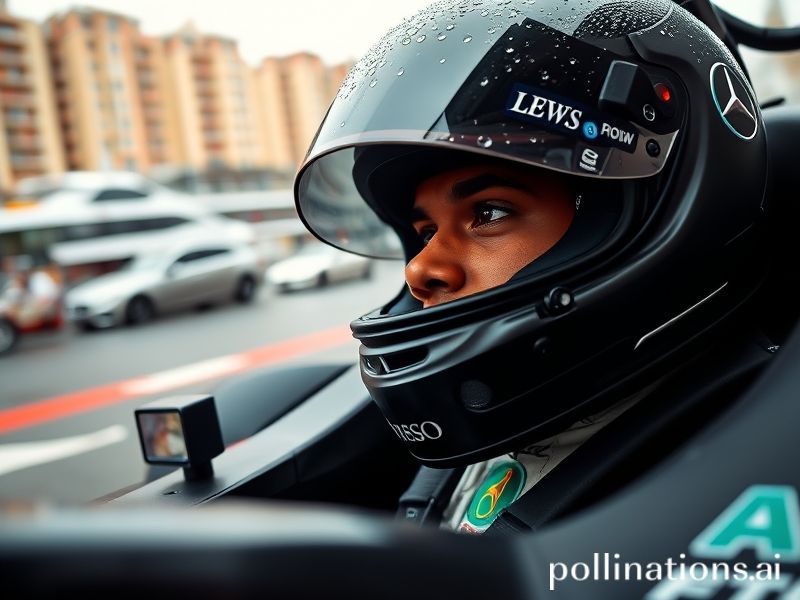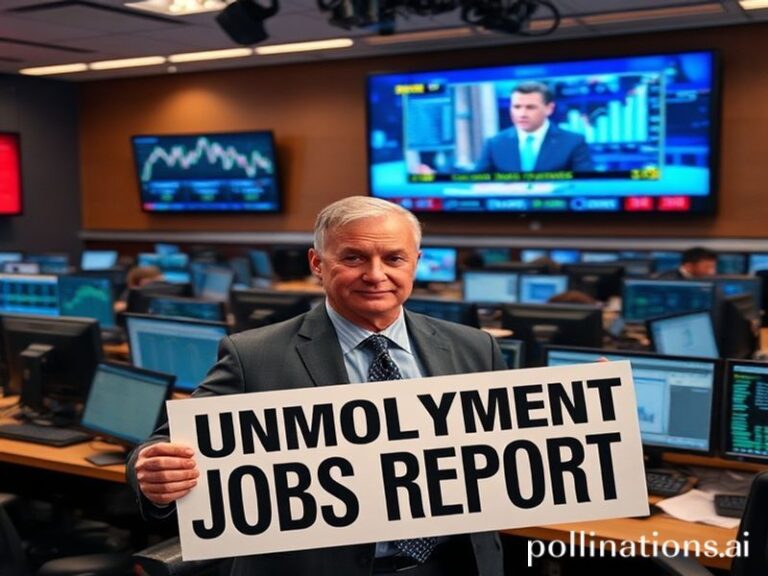Lewis Hamilton’s Italian Job: How a British Racing Icon’s Ferrari Move Became the World’s Most Expensive Mid-Life Crisis
Lewis Hamilton, the man who turned left better than anyone else on Earth for the past seventeen years, has announced his departure from Mercedes to join Ferrari in 2025—a move that has sent shockwaves through the Formula One universe and given every armchair pundit from Abu Dhabi to Albuquerque something to pretend they understand. The seven-time world champion, who has collected more trophies than most nations have military coups, is essentially swapping one obscenely wealthy European employer for another slightly more dramatic one, proving that even at 39, some men still need to find themselves through a mid-life crisis painted rosso corsa.
From the marble-floored paddocks of Monaco to the sweat-soaked bars of São Paulo, Hamilton’s impending Italian job represents something far grander than mere driver transfer news. It’s a geopolitical chess move disguised as sport, a Brexit in reverse where Britain’s most successful export since the Beatles voluntarily exiles himself to the land that invented fascism and perfect espresso. The irony isn’t lost on anyone who’s been paying attention: the sport’s most vocal diversity advocate will now race under the same flag that once gave the world Mussolini and thin-crust pizza—though to be fair, one of those legacies has aged considerably better.
The global implications ripple outward like oil on asphalt. Ferrari, that national treasure Italy treats with the same reverence Americans reserve for their assault weapons, has finally landed the superstar driver they’ve been courting since the days when Schumacher was still just a promising German with questionable fashion sense. The Tifosi—those crimson-clad fanatics who make Brazilian football supporters look like Buddhist monks—are already practicing their post-race pitch invasions, blissfully unaware that Hamilton’s vegan lifestyle might conflict with their traditional post-race meals of prosciutto and existential despair.
Meanwhile, Mercedes faces the existential crisis of a German engineering firm learning that all the precision in the world can’t buy you loyalty—or apparently, another championship. The Silver Arrows, who dominated the hybrid era so thoroughly they made competition look like a socialist plot, must now rebuild around the wreckage of broken dreams and George Russell’s permanently surprised eyebrows. Somewhere in Stuttgart, executives are calculating how many E-Class sedans they’ll need to sell to recover from the PR disaster of losing their golden goose to their ancestral racing enemies.
The broader significance extends beyond mere sporting theater. Hamilton’s move represents the eternal human comedy: no matter how much success we achieve, we’re all just looking for the next challenge, the next mountain to climb, the next ridiculous hat to wear during podium ceremonies. He’s conquered every record worth breaking, earned enough money to buy several small island nations, and dated enough pop stars to fill a Grammy ceremony—yet still needs to prove something to himself by joining Formula One’s most pressure-cooker environment. It’s the kind of decision that makes regular humans feel better about their own questionable life choices; sure, you might have married your college sweetheart who now exclusively communicates through passive-aggressive Post-it notes, but at least you didn’t voluntarily move to Italy to have your every breath scrutinized by a nation that considers traffic laws mere suggestions.
As the 2024 season limps toward its inevitable Red Bull procession, Hamilton’s Ferrari announcement provides the kind of narrative drama that makes billion-dollar advertising partnerships worthwhile. It’s a reminder that in our age of algorithmic predictability and manufactured entertainment, genuine surprise still exists—though it usually comes dressed in neon yellow racing overalls and speaking in perfectly curated soundbites about “new challenges” and “unfinished business.”
The world will watch with the same morbid fascination we reserve for royal weddings and cryptocurrency crashes. Because ultimately, Hamilton’s Italian adventure isn’t about racing at all—it’s about the human need to keep playing the game, even when you’ve already won it several times over. In a world burning from climate change and political idiocy, there’s something perversely comforting about watching a man worth hundreds of millions voluntarily choose to spend his weekends driving in circles slightly faster than his competitors, all while pretending that the color of his car matters more than the color of our collective future.







